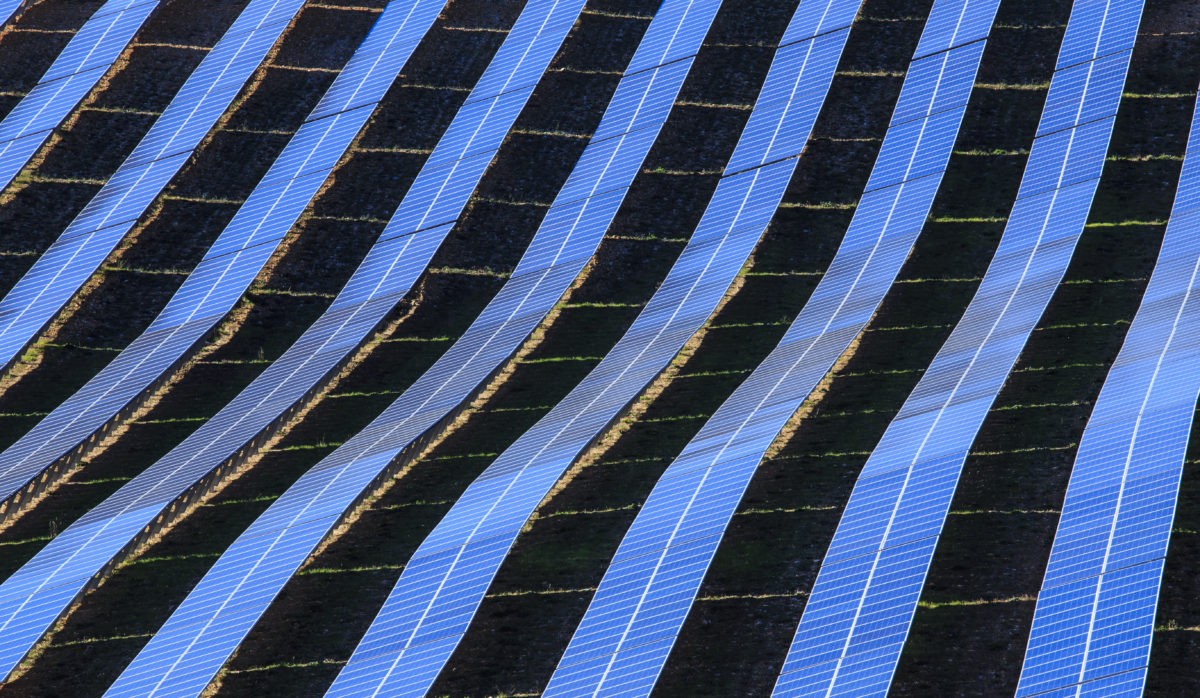From pv magazine Germany.
With the arrival of the Covid-19 crisis and the nationwide lockdown, the flourishing PPA market in Germany came to a standstill in spring. But this was only temporary. In the past few weeks, reports about the implementation of PPA-linked projects have increased and new power purchase agreements have also been announced.
“With the current rising spot market prices, there are also more PPA deals. The main driver for the market is intact again,” said Nicolai Herrmann, partner at German consultancy Enervis. The value of solar power injection on the spot market, which temporarily slumped to less than €0.01/kWh, has recovered in the past few months. September saw prices Germany reach pre-corona levels not seen since January. In addition, prices on the futures markets, which are more important than the spot markets for PPA deals, again reached around €0.040 per kWh for 2021. “Many PPA projects that were temporarily put on hold are now coming out of the drawer and being finished,” Herrmann continued.
His colleague Benedikt Ziegert, a consultant at Enervis, says with a look at the in-house PV project database that the market volume for PPA systems set to be commissioned this year will probably be around 300 MW. A solar park under construction by EnBW near Werneuchen, in the eastern region of Brandenburg, which is planned to be grid-connected by the end the year, already accounts for a good 187 MW. There are also a number of smaller photovoltaic projects without public funding that will be implemented this year. The market volume will not be quite as high as Enervis expected at the beginning of the year, but this is due to the circumstances of the corona crisis.
In addition to the around 300 MW of PPA projects that will be implemented this year, Ziegert says there are another 300 MW of photovoltaic systems with signed PPA contracts in the project pipeline, most of which will also be implemented next year. In addition, there are other projects that are currently striving for a development plan on areas that are not eligible for public subsidies and that have cleared the first hurdle. The cumulative output of these projects is currently around 1 GW and a further 1 GW could be added this year.
In addition to the classic PPA projects, the analysts also note the first mixed forms. Anumar is currently realizing a 110 MW photovoltaic system in Bavaria, of which 80 MW will be realized through a PPA and the other 30 MW through subsidies awarded in tenders.
Vattenfall, Enerparc and BayWa re are other project developers developing projects of this type. Existing solar parks from the past could also be expanded via PPAs. For this alone, Enervis estimates at least 1 GW of photovoltaic capacity that could be installed in Germany. “If the prices on the electricity market are right, we see a maximum potential of 3.6 GW of PPA projects without public subsidies by the end of 2022,” Ziegert added. However, delays in the development plan procedure are frequent in such large-scale projects, so that the realized output of subsidy-free photovoltaic systems is likely to be less than 2 GW by 2022.
And what are the prospects for the development of the PPA market in 2021? “More PPA projects will be commissioned than in 2020, but we do not expect the market to explode in 2021,” said Ziegert. “If the futures markets play along, we expect moderate growth in the next two years.”
At the same time, the number of PPA deals could increase sharply. This is also due to the fact that the corona crisis has increased the interest of investors in crisis-proof infrastructure and renewable projects enormously. The PPA market for photovoltaic systems in Germany could benefit from this sustained interest of investors in the near future.
This content is protected by copyright and may not be reused. If you want to cooperate with us and would like to reuse some of our content, please contact: editors@pv-magazine.com.




By submitting this form you agree to pv magazine using your data for the purposes of publishing your comment.
Your personal data will only be disclosed or otherwise transmitted to third parties for the purposes of spam filtering or if this is necessary for technical maintenance of the website. Any other transfer to third parties will not take place unless this is justified on the basis of applicable data protection regulations or if pv magazine is legally obliged to do so.
You may revoke this consent at any time with effect for the future, in which case your personal data will be deleted immediately. Otherwise, your data will be deleted if pv magazine has processed your request or the purpose of data storage is fulfilled.
Further information on data privacy can be found in our Data Protection Policy.